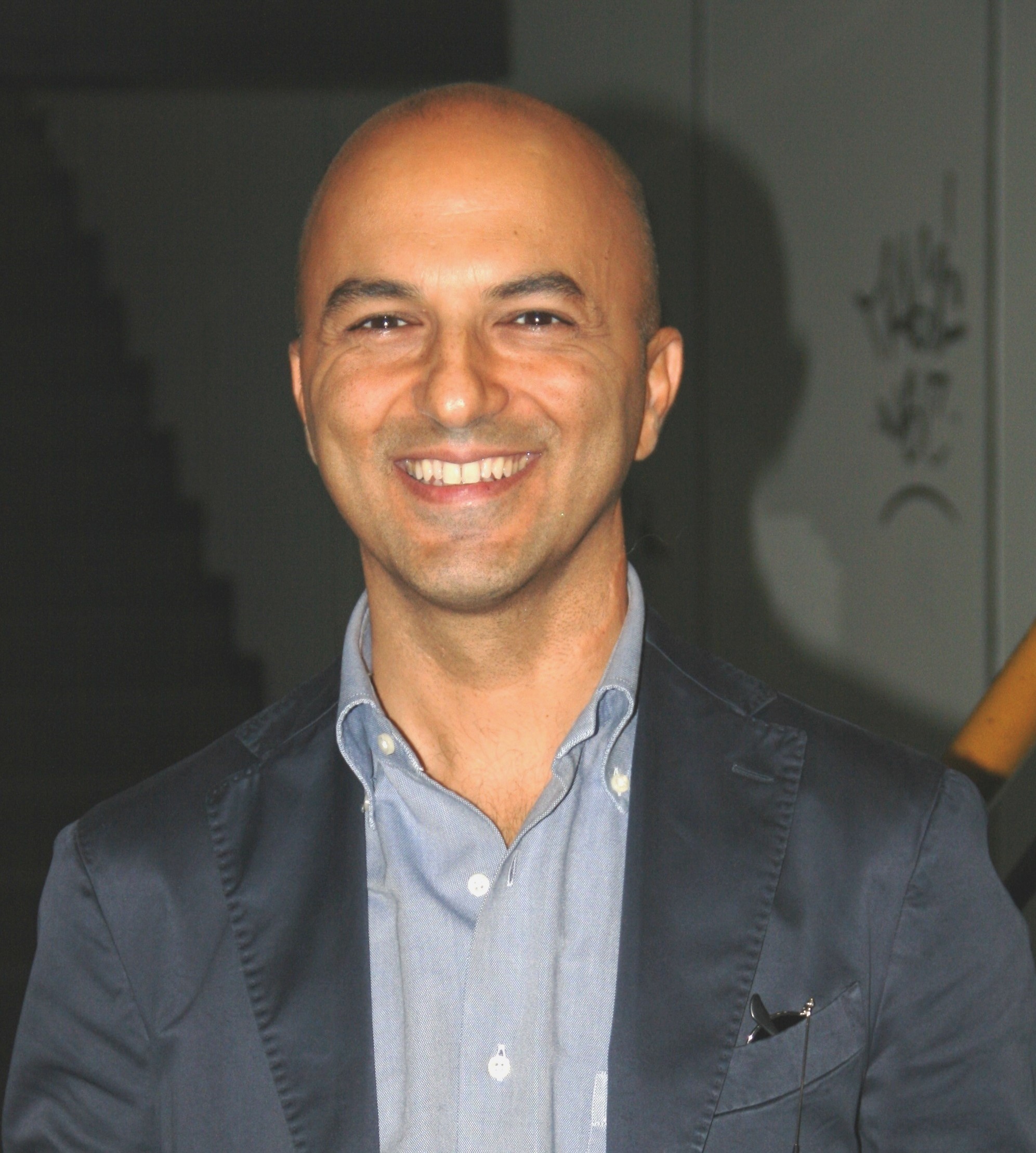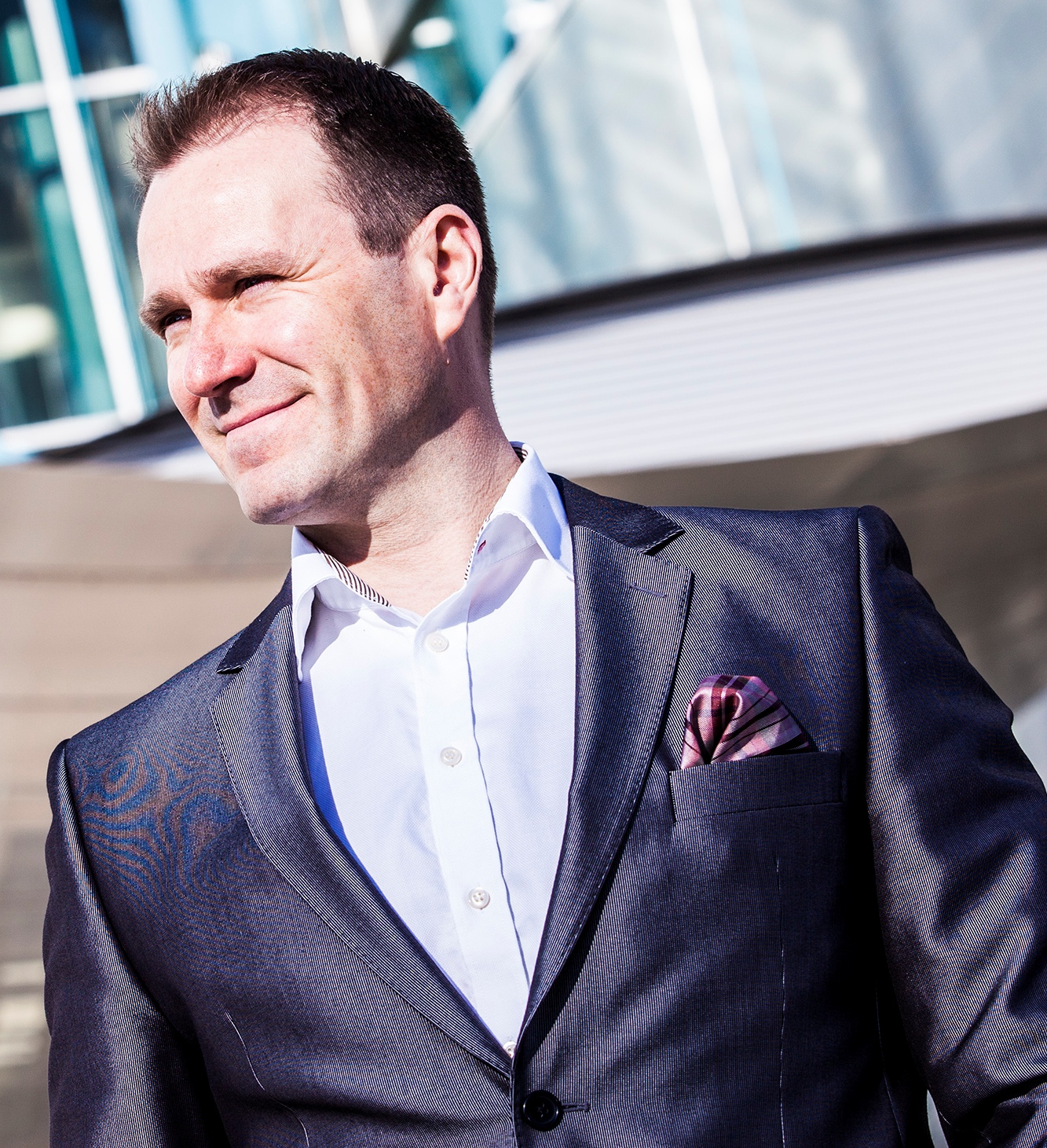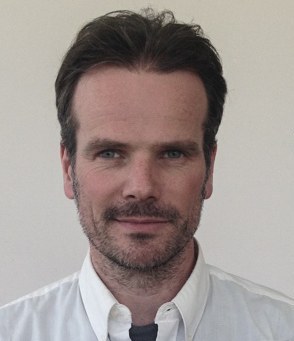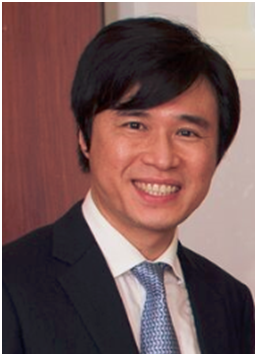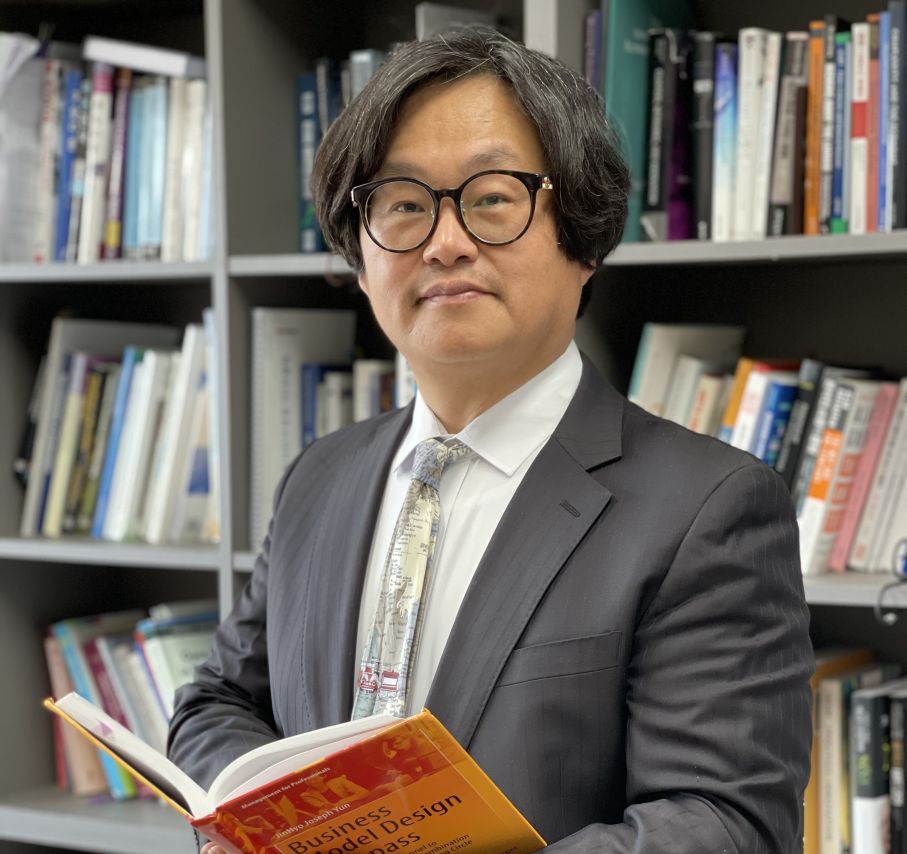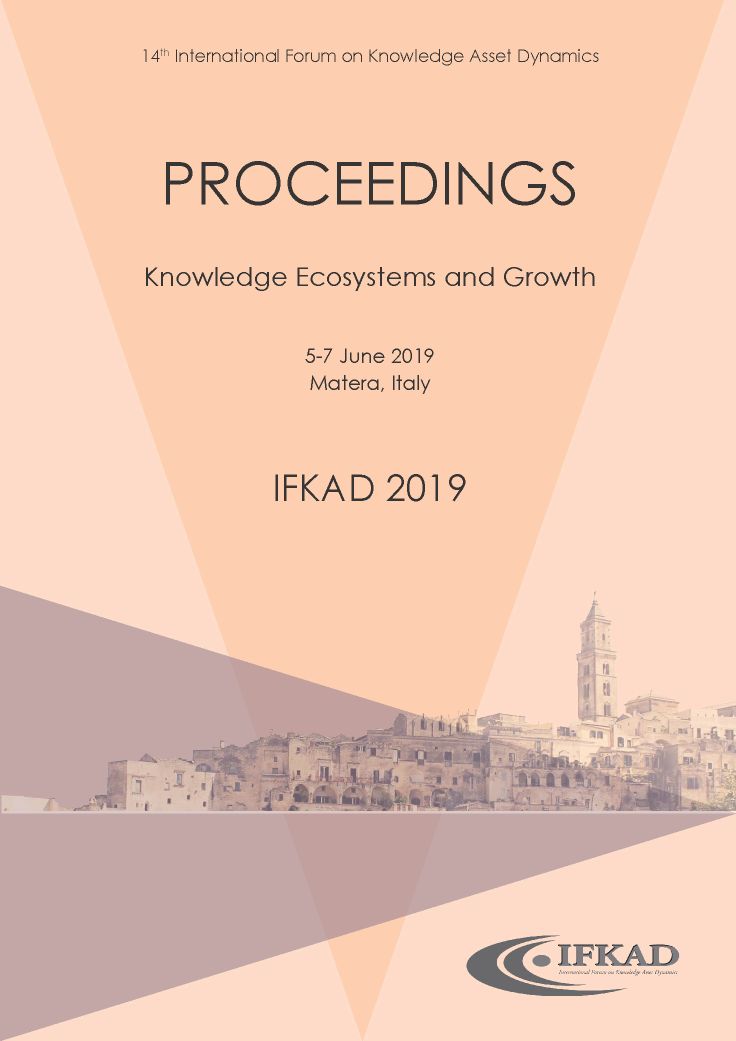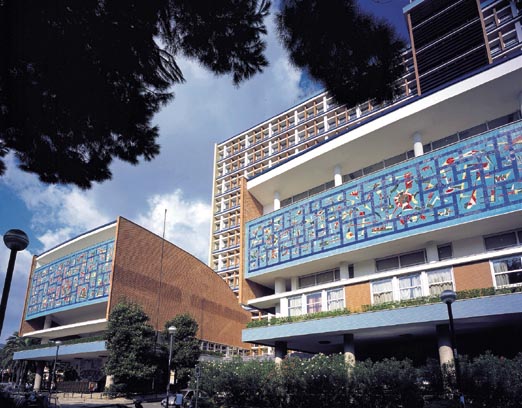The Role of Knowledge Ecosystems in Business Model Innovation. Highlights from the Tourism and Hospitality Industry
Organizers
Angelo Presenza | University of Molise, Italy
Valentina Della Corte | University of Naple Federico II, Italy
Tindara Abbate | University of Messina, Italy
Knowledge Ecosystems, Social Innovation and Neo-Strategic Management: How do they Interact to Face the Challenges of the New Millennium?
Organizers
Angelo Bonfanti | University of Verona, Italy
Rossella Canestrino | Parthenope Uniparthenope of Naples, Italy
Tomasz Kafel | Cracow University of Economics, Poland
Pierpaolo Magliocca | University of Foggia, Italy
Knowledge Ecosystems and Circular Economy: Challenges and Barriers
Organizers
Alena Klapalová | Masaryk University, Czech Republic
Radoslav Škapa | Masaryk University, Czech Republic
Business Ecosystems for Circular Economy: Theory and Practice
Organizers
Luca Fraccascia | Sapienza University of Rome, Italy
Ilaria Giannoccaro | Polytechnic University of Bari, Italy
Circular Economy and Business Models Innovation
Organizers
Piera Centobelli | University of Naples Federico II, Italy
Roberto Cerchione | Parthenope University of Naples, Italy
Davide Chiaroni | Politechnic University of Milan, Italy
Pasquale Del Vecchio | University of Salento, Italy
Andrea Urbinati | LIUC University Cattaneo, Italy
Commons in Cultural and Creative Industries
Organizers
Nathalie Colasanti | University of Rome Tor Vergata, Italy
Rocco Frondizi | University of Rome Tor Vergata, Italy
Joyce Liddle | Northumbria University, UK
Anna Simonati | University of Trento, Italy
Managing, Organizing and Evaluating European Capitals of Culture: Praxis, Theory Development and Knowledge Ecosystems
Organizers
Lucia Biondi | University of Rome Tre, Italy
Paola Demartini | University of Rome Tre, Italy
Michael Habersam | University of Innsbruck
Michela Marchiori | University of Rome Tre, Italy
Lucia Marchegiani | University of Rome Tre, Italy
Martin Piber | University of Innsbruck, Austria
Intangible Cultural Heritage (ICH) and Sustainable Growth of Territories: Foodways Valorisation
Organizers
Nadia Cipullo | Link Campus University Rome, Italy
Barbara Iannone | University G. D’Annunzio Chieti-Pescara
Rosa Lombardi | Sapienza University of Rome, Italy
Paola Paoloni | Sapienza University of Rome, Italy
Rosa Vinciguerra | University of Campania “Luigi Vanvitelli”, Italy
Innovative and Social Finance in Cultural and Creative Sectors (CCS)
Organizers
Marco Meneguzzo | Universita della Svizzera Italiana, Switzerland
Michele Trimarchi | University of Catanzaro Magna Greacia
Antonio Salvi | LUM University Jean Monnet
Manuela Barreca | Universita della Svizzera Italiana, Switzerland
Digital Transformation Contingencies across Knowledge Ecosystems
Organizers
Susanne Durst | University of Skövde, Sweden
Pietro Evangelista |National Research Council, Italy
Karl Joachim Breunig | Oslo Metropolitan University, Norway
Knowledge Ecosystems in the Digital Era: How Digital Technologies Shape Innovation Process
Organizers
Ivana Quinto | Parthenope University of Naples, Italy
Gianluca Elia | University of Salento, Italy
Valentina Lazzarotti | University LIUC, Italy
Renato Passaro | University of Naples Parthenope, Italy
Digital Tourism and Smart Tourism Destinations
Organizers
Valentina Ndou | University of Salento, Italy
Piera Centobelli | Universit of Naples Federico II, Italy
Pasquale Del Vecchio | University of Salento, Italy
Annamaria Annicchiarico | Tecnopolis PST, Italy
KM Strategies for Knowledge Workers’ Performance
Organizers
Krishna Venkitachalam | Stockholm Business School, Sweden
Nina Helander | Tampere University of Technology, Finland
The Influence of Culture on Organisations Knowledge Ecosystem
Organizers
Michele Samuele Borgia |University “G. D’Annunzio” of Chieti-Pescara, Italy
Maura La Torre | University LUM Jean Monnet, Italy
Knowledge Strategies and Practices for Sustainable SMEs Growth
Organizers
Gregorio Varvakis | Universidade Federal de Santa Catarina, Brazil
Klaus North | Wiesbaden Business School, Germany
Guillermo Davila | Federal University of Santa Catarina, Brazil
Isabel Ramos | Minho University, Portugal
Susanne Durst | University of Skövde, Sweden
Organizing Projects in Knowledge Ecosystems
Organizers
Paolo Canonico | University of Naples Federico II, Italy
Antonio Bassi | SUPSI, Switzerland
Jonas Soderlund | BI School of Management, Norway
Vincenza Esposito | University of Sannio, Italy
Alessia Berni | Parthenope University of Napoli, Italy
Ecosystem approach in retail industry
Organizers
Marcello Sansone | University of Cassino and Southern Lazio, Italy
Roberto Bruni | University of Cassino and Southern Lazio, Italy
Assessment of knowledge ecosystems’ performance: toward a research agenda
Organizers
Federica Ricci | Sapienza University of Rome, Italy
Vincenzo Scafarto | University of Cassino and Southern Lazio, Italy
Flaviano Moscarini | Sapienza University of Rome, Italy
Salvatore Ferri | Parthenope University of Naples, Italy
Rosita Capurro | Parthenope University of Naples, Italy
Knowledge Dynamics in Ecosystems
Organizers
Constantin Bratianu | Bucharest University of Economic Studies, Romania
Ruxandra Bejinaru | University “”Stefan cel Mare”” of Suceava, Romania
Sustainable Ecosystems and Communities: Value Creation and Innovation
Organizers
Mauro Romanelli | Parthenope Uniparthenope of Naples, Italy
Alexandra Zbuchea | National University of Political Studies and Public Administration, Romania
Community governance and system thinking for a knowledge-based sustainable development of communities and territories
Organizers
Alessandra Ricciardelli | University LUM Jean Monnet, Italy
Francesco Manfredi | University LUM Jean Monnet, Italy
Raffaella Nanetti | LUISS University of Rome, Italy
Robert Leonardi | LUISS University of Rome, Italy
Sustainable Knowledge-Based Strategic- and Project Management at Private and Public Organizations
Organizers
Lajos Szabó | Corvinus University of Budapest, Hungary
Viktória Horváth | Corvinus University of Budapest, Hungary
Extracting Knowledge from the Web: a Managerial Perspective
Organizers
Lara Agostini | University of Padova, Italy
Barbara Bigliardi | University of Parma, Italy
Vincenzo Corvello | University of Calabria, Italy
Francesco Galati | University of Parma, Italy
Elisabetta Raguseo | Polytecnic of Turin, Italy
The Role of Ideas in Knowledge Ecosystems
Organizers
Han van der Meer | Delft University of Technology, Netherlands
Guido Enthoven, Johan Olaisen, Han Bakker, Yasmina Khadir-Poggi, Rico Sneller, Sewerin Rudnicki
Business Analytics and Knowledge Management Evolution
Organizers
Pierluigi Zerbino | University of Pisa, Italy
Alessandro Stefanini | University of Pisa, Italy
Roberto Cerchione | Parthenope University of Naples, Italy
Piera Centobelli | University of Naples Federico II, Italy
Grazia Antonacci | Imperial College London, UK
Knowledge Transfer and Design in Open Innovation
Organizers
Giustina Secundo | Unievrsity of Salento, Italy
Luca Simeone | Aalborg University, Italy
Antonio Messeni Petruzzelli | Polytechnic University of Bari, Italy
Strategic Knowledge Management Models and Tools for Entrepreneurial Universities
Organizers
Giustina Secundo | Unievrsity of Salento, Italy
Paul Jones | Swansea University, UK
Giovanni Schiuma | University of Basilicata, Italy
Rosa Lombardi | Sapienza University of Rome, Italy
New Knowledge Assets in Health Care: The Challenge of Value Generation Through Real-World Data
Organizers
Davide Aloini | University of Pisa, Italy
Lorella Cannavacciuolo | University of Naples Federico II, Italy
Emanuela Foglia | LIUC University, Italy
Simone Gitto | University of Siena, Italy
Emanuele Lettieri |Politecnico di Milano, Italy
Filippo Visintin | University of Florence, Italy
Exploring the Role of new ICTs in Innovation Ecosystems
Organizers
Elias G. Carayannis | George Washington University, USA
Marco Ferretti |Parthenope University of Naples, Italy
Eva Panetti | Parthenope University of Naples, Italy
Adele Parmentola | Parthenope University of Naples, Italy
The Advent of Smart Technologies: Sustainable Business Models and Thrilling Future Changes
Organizers
Zhanna Belyaeva | Ural Federal University, Russia
Riad Shams | Ural Federal University, Russia
Paoloni Paola | Sapienza University of Rome, Italy
Giustina Secundo | University of Salento, Italy
Maurizio Massaro | University of Venice Ca’ Foscari, Italy
Rosa Lombardi | Sapienza University of Rome, Italy
Enabling Citizen Co-Design and Participation with Interactive Technologies
Organizers
Jörg Rainer Noennig | Dresden University of Technology, Germany
Anja Jannack | Dresden University of Technology, Germany


